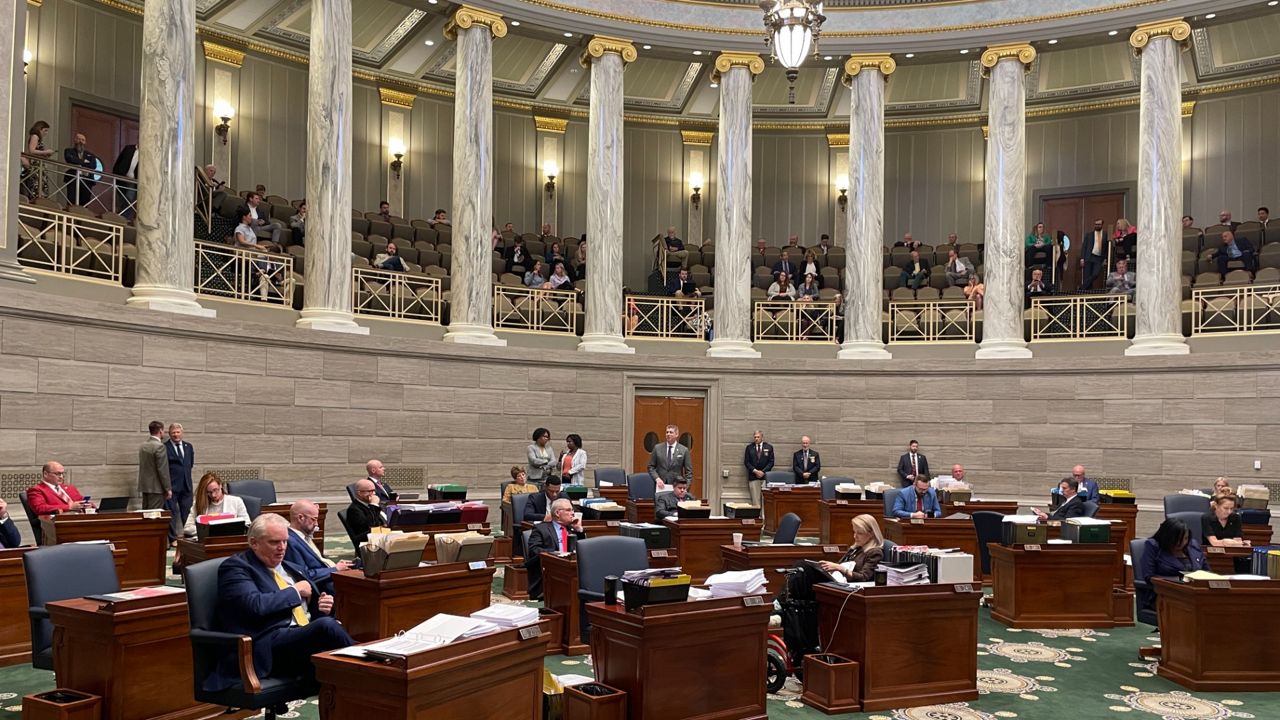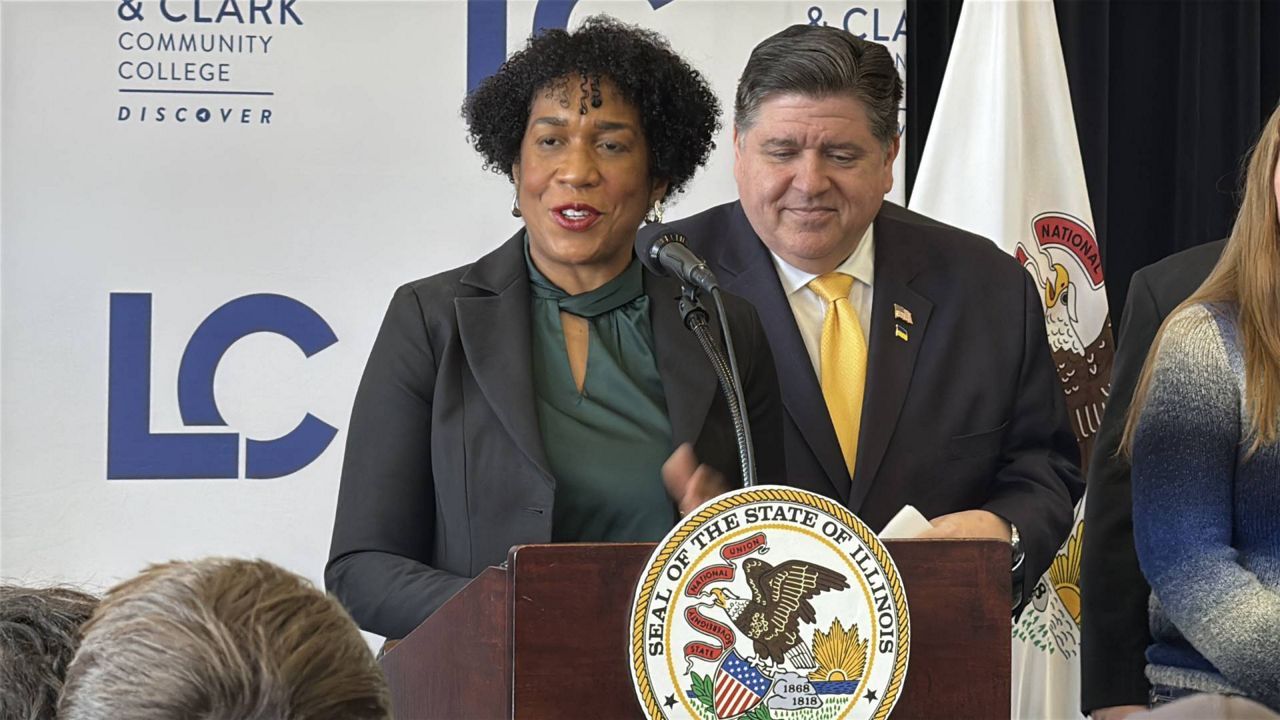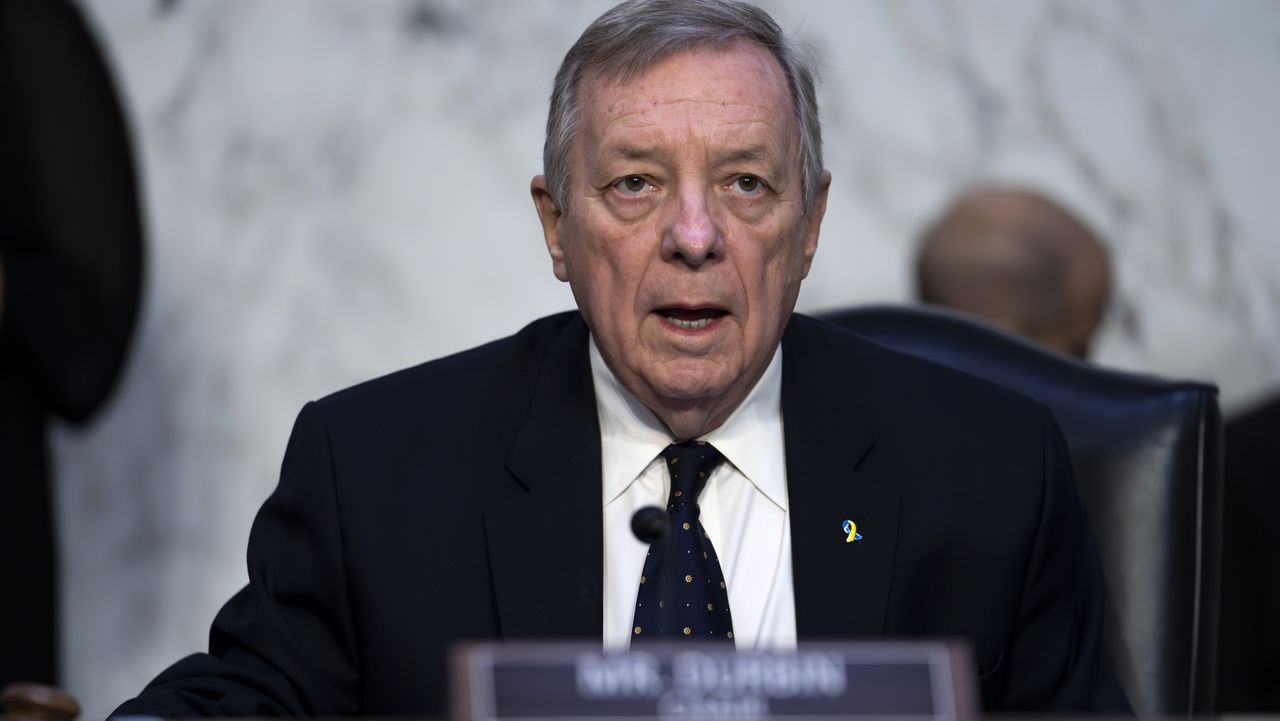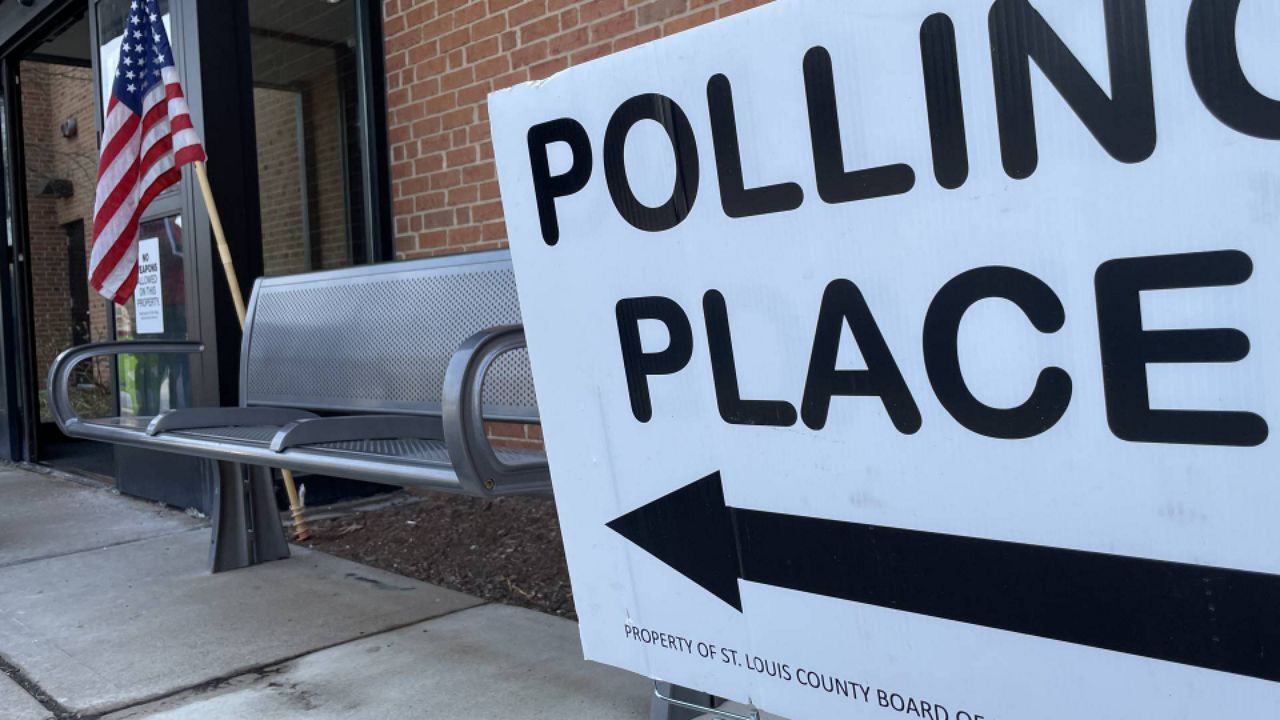JEFFERSON CITY, Mo.--Members of the Missouri Senate likely won’t have to return to the Capitol until the annual September veto session, and then, barring a special session, not again, until January when lawmakers begin the official work of the 2024 General Assembly.
But while the just-completed session was on the whole far less-contentious than it was in 2022, members say there’s work to do to build relationships to avoid a repeat of how the 2023 version ended.
In 2022, filibusters routinely derailed activity in the chamber thanks to a fissure between what was formerly known as the Senate’s Conservative Caucus and GOP leadership in the Republican-controlled chamber. The caucus championed a hard line on redrawing the state’s congressional map to favor what today would be a 7-1 ideological split favoring Republicans over Democrats, and also sought passage of what would come a year later–bans on transgender medical treatment for minors, and restricting athletic competitions to the gender on a birth certificate.
In a rare move, the chamber short-circuited politically on the day before the end of session and adjourned for the year after it passed a 6-2 map.
A year later, the 2023 session made it through to the final day but still found itself flummoxed by flibusters which chewed up four of their final seven days. State Sen. Mike Moon R-Ash Grove held the floor, upset over a bill passed to extend postpartum Medicaid coverage, while State Sen. Bill Eigel R-Weldon Spring did the same to blast efforts to pass a sports gambling measure that he said came at the expense of passing property tax cuts.
On Friday, Eigel, considering a run for Governor in 2024, called out proponents of a bill to provide a tax exemption for energy production, and said members faced a “Darth Vader moment” in deciding their futures.
Later in the day, Moon filibustered over a package that would have included sports gambling.
In the end, none of the three measures–sports gambling, property tax cuts or the energy production exemption passed.
Just before the session’s end, State Sen. Travis Fitzwater R-Holts Summit, who represents Western St. Charles County, had had enough, and in an emotional floor address, called out “entitlement, selfishness” in colleagues.
“There are 34 Speakers of the House in the Senate. You don't just get to ram stuff through. This work is hard,” Fitzwater said. “You haven't gone and done the work it takes to be effective here,” he continued, citing the need for members to build relationships with others in the body and in the House.
“The people of Missouri deserve better than what's happened at points in this chamber by members over the last several years, even up to today and I'm tired of it, it's why I ran for the Senate. I wanted to be somebody who'd come in here and provide a solution and be a bridgebuilder and for about four months I felt great about it,” he added, warning of the precedent being set to leverage the end of a legislative session.
Fitzwater is one of seven Senate freshmen this session, including five who represent parts of the greater St. Louis area. Most arrived in the Senate after having worked together in the House and say they can work with each other, even if they disagree.
“Hopefully we can set the tone for the other members that are here for the first time or members that still have some animosity built up from years and years of poking eachother back and forth,” said freshman State Sen. Nick Schroer R-St. Charles Co. “Hopefully we can set the tone that yes you could disagree without being disagreeable, you can still support or vote against something and still have a good working relationship with your colleagues.”
“The vast majority of bills pass out of both chambers practically unanimously but that's not what the voters hear about because that is not necessarily the glamorous, sexy stuff. There were just a handful of things that really divided the chambers,” said freshman State Sen. Tracy McCreery D-Olivette. She also pointed to a more “individualistic” nature of the Senate where sometimes even party loyalties can take a back seat.
For another freshman, State Sen. Mary Elizabeth Coleman R-Arnold, the worst day in the Senate was always better than the best in the House, where especially outside the leadership ranks, a member’s ability to weigh in on the floor and have an impact on negotiations off of it was limited. But she and her fellow freshmen may have a better appreciation of their boundaries.
Coleman and McCreery objected to a bill heard in the Senate last Thursday which they felt unnecessarily expanded the state’s criminal code to add niche offenses like stealing packages off of porches. They held the floor for a time. They lost the vote.
Coleman said she’s seen a misuse of the filibuster.
“If 34 people say hey this is what we should do, then that is what we should do and if a majority of them get there then standing in the way of every single issue that you disagree with I don't think is our job,” Coleman said, admitting that tales of dysfunction may also be old as time and same as they ever were.
“I remain hopeful that people will be able to spend their interim, kind of taking deep breaths and putting hurt feelings behind them so that when we do get back together we can kind of have a reboot and a fresh start I think that's all we can do,” McCreery said.









